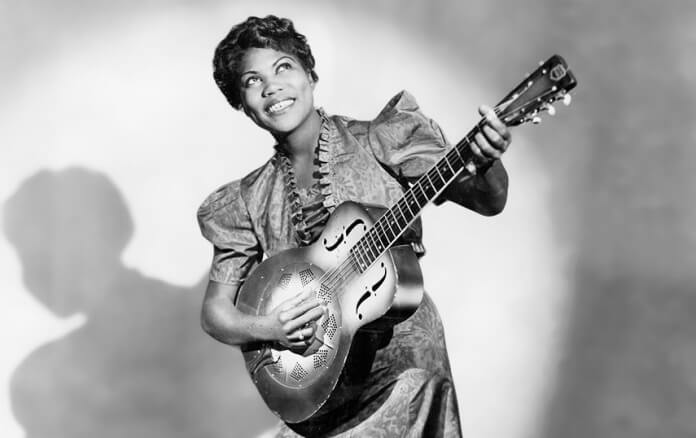
Sister Rosetta Tharpe – A Complete Biography
Sister Rosetta Tharpe (1915–1973) was a gospel singer, electric-guitar trailblazer, and one of the most consequential architects of early rock ’n’ roll. Long before the[…]

The Origins of Cool Blues
Cool Blues, often referred to as "West Coast Blues," emerged as a distinct style in the mid-20th century. Rooted in the African American experience and[…]
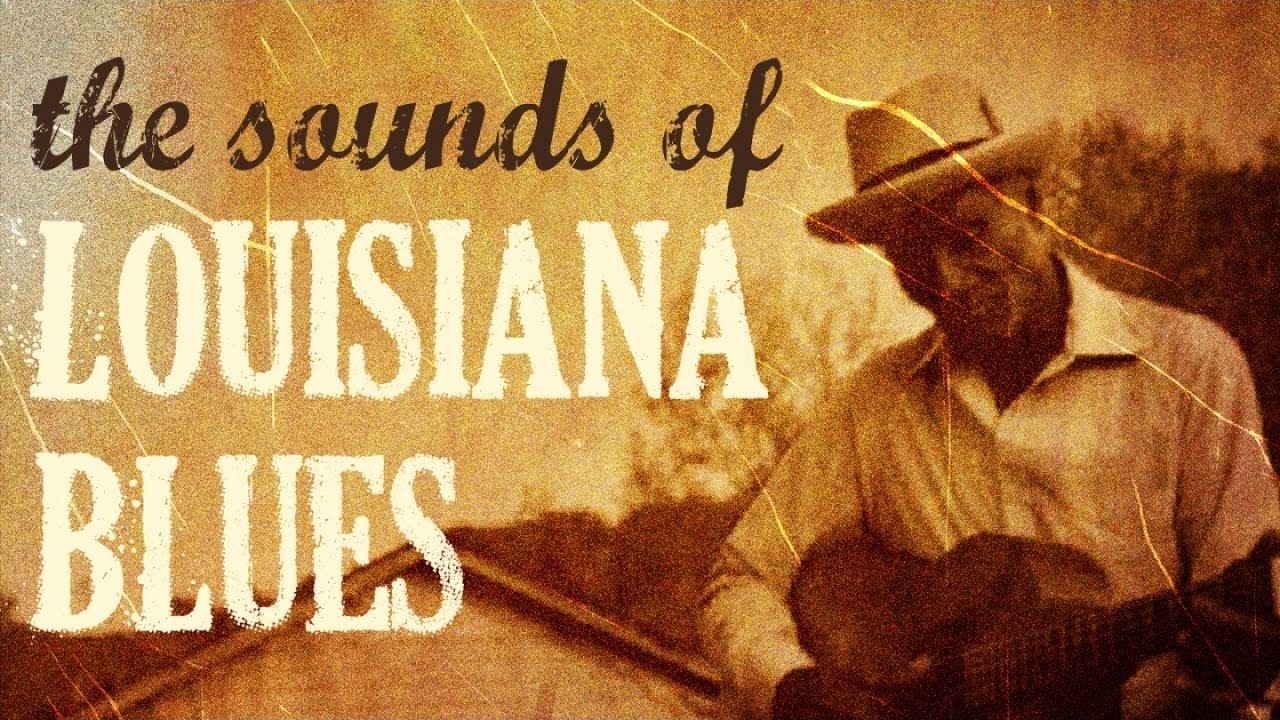
The Origins of Louisiana Blues
The Louisiana blues, a distinct regional style of blues music, reflects the rich cultural tapestry and historical influences of Louisiana. Emerging in the early 20th[…]

The Origins of West Coast Blues
West Coast Blues is a distinctive subgenre of blues music that emerged in the mid-20th century on the West Coast of the United States, particularly[…]
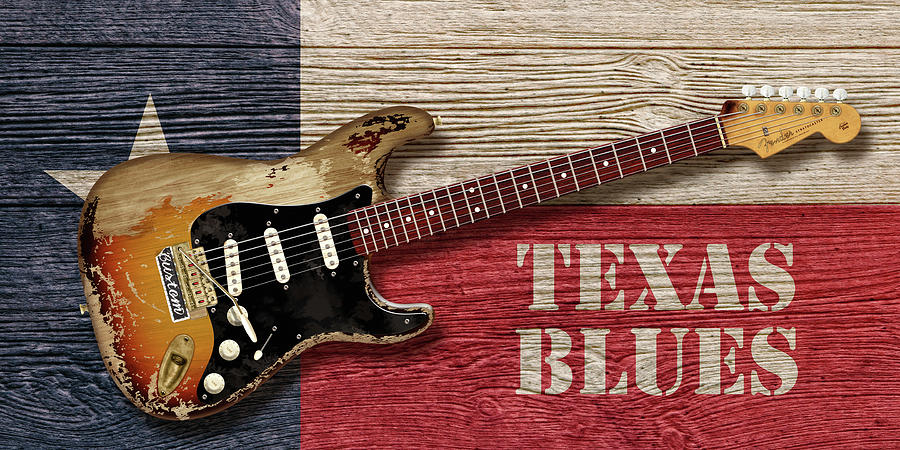
The Origins of Texas Blues
Texas Blues, a subgenre of the larger Blues tradition, has a rich history that traces its roots back to the early 20th century in the[…]

The Origins of Blues-Rock
Blues-rock is a genre that fuses elements of blues and rock music. Its origins can be traced back to the mid-1960s, a period marked by[…]

The Origins of Country Blues
Country blues, a deeply influential genre within American music, emerged in the early 20th century, primarily in the rural Southern United States. This form of[…]
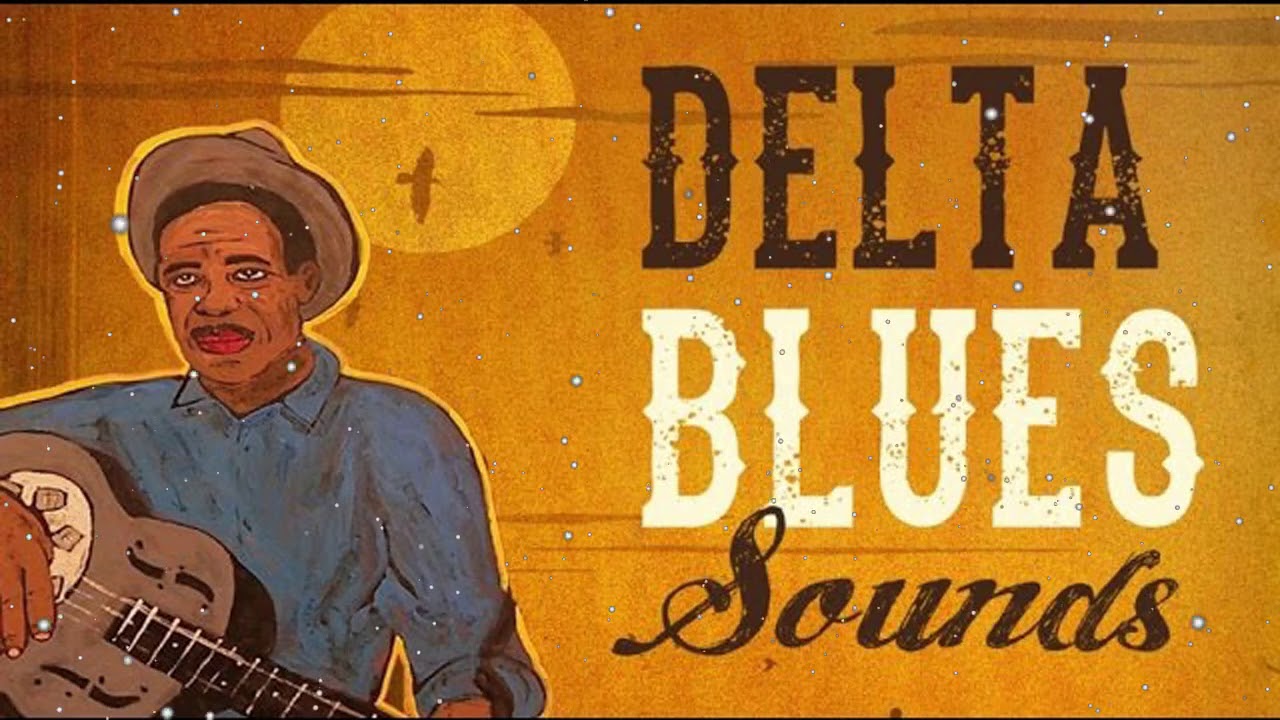
The History of Delta Blues
The Delta Blues, a style of blues music originating from the Mississippi Delta, emerged in the early 20th century. The Mississippi Delta, a region stretching[…]
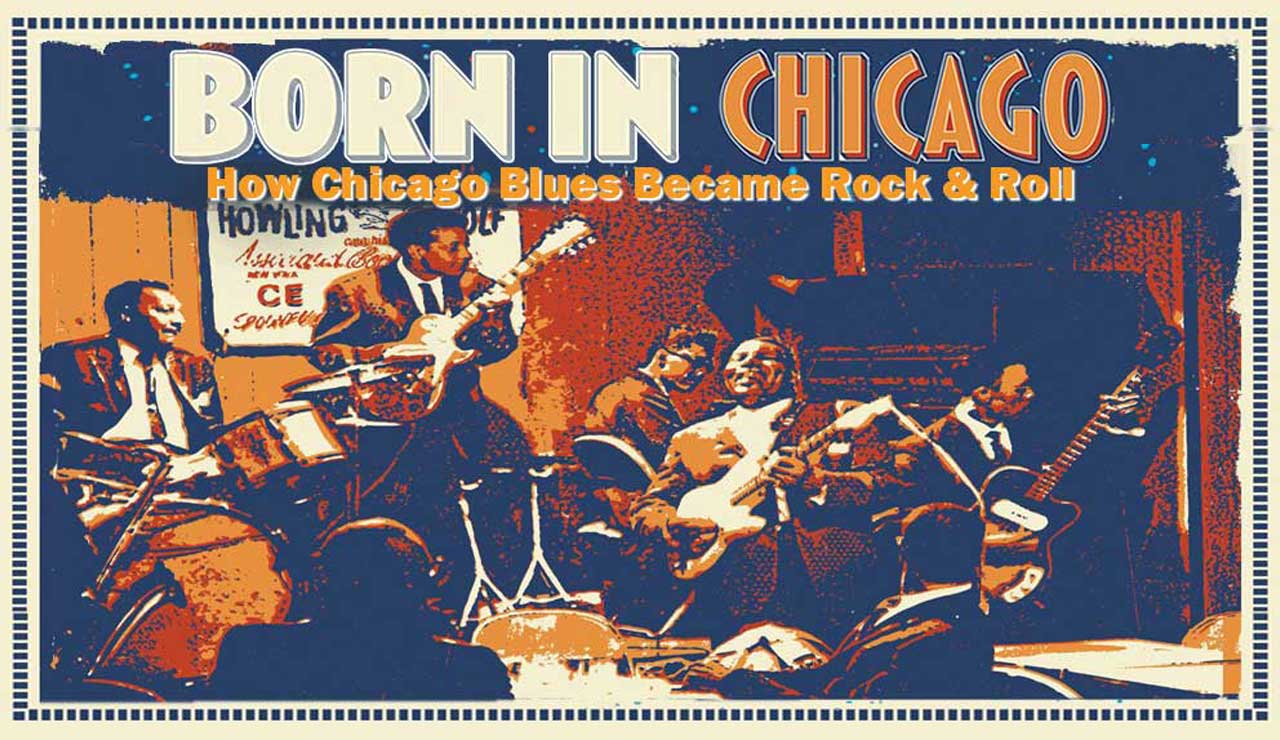
The History of the Chicago Blues
The Chicago Blues is a genre of music that emerged from the Great Migration and developed into one of the most influential forms of American[…]

The History of Jazz
Jazz, a music genre that originated in the African-American communities of New Orleans in the late 19th and early 20th centuries, has a rich and[…]